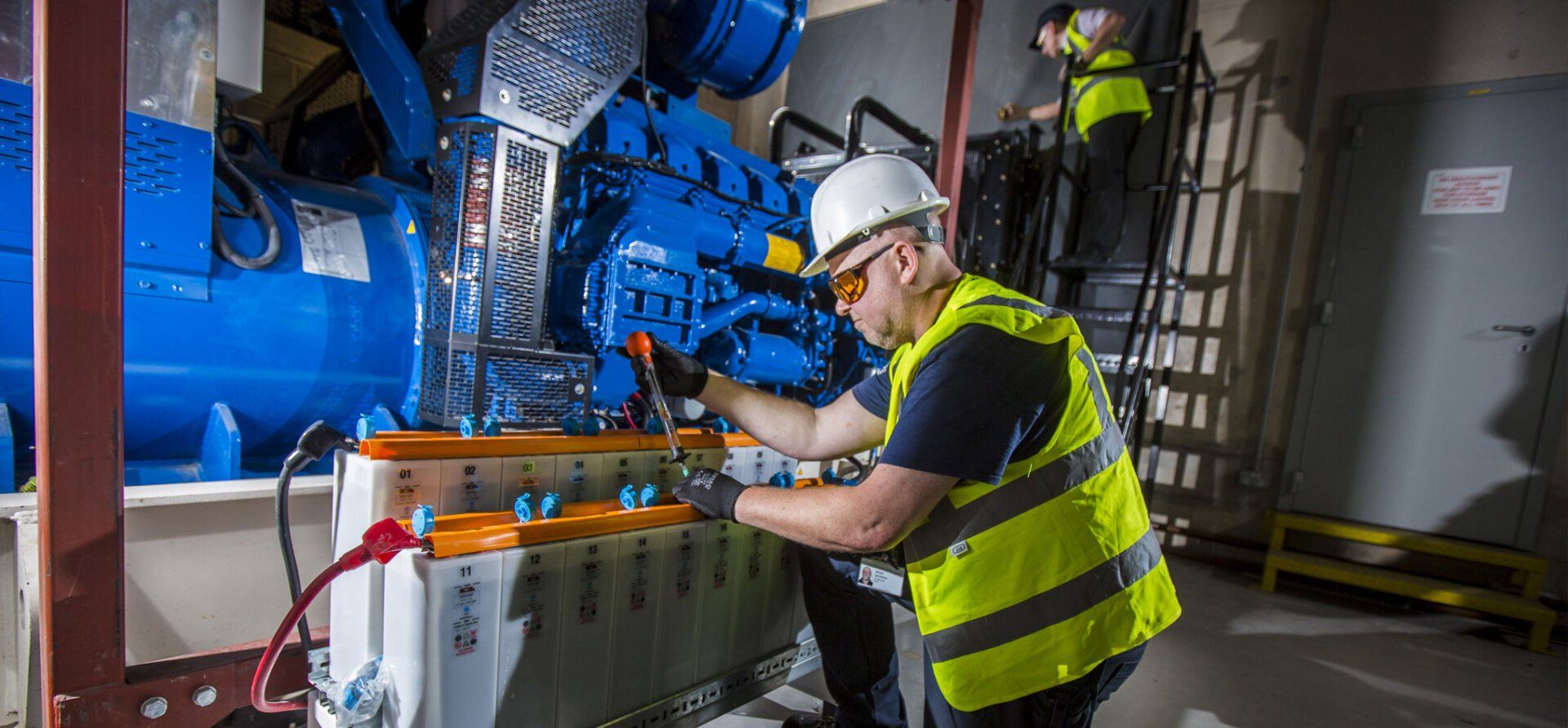PPVS Complete Facilities Management

Guide to Facilities Management Operations Support
Facilities Management (FM) operations entail an array of tasks that contribute to the optimal functionality of an organisation’s physical environment. This guide serves as an informative resource for understanding the intricacies of FM operations support. It clarifies the fundamental principles, best practices, and innovative strategies essential for effective facilities management. So, read on to find out more.
Definition of Facilities Management Operations Support
Facilities Management Operations Support (FMOS) is a comprehensive service dedicated to coordinating and managing all aspects related to a facility’s output and upkeep. From regular inspections and preventive maintenance to compliance with safety regulations, these support services in facilities management oversee every aspect to ensure a facility’s smooth running. Its significance is often understated but cannot be overemphasised.
This guide aims to provide an in-depth understanding of FMOS, highlight its importance, and suggest effective strategies for its implementation. With a deeper understanding of how facilities management support can improve the overall efficiencies of a facilities operations, you can learn insights into where your infrastructure may be letting you down, as well as areas that are functioning optimally.

Key Responsibilities of FM Operations Support
The responsibilities undertaken by Facilities Management Operations Support professionals are multifaceted and vital to the overall success of the organisation. Some of the key responsibilities include:
• Managing Resources: Efficient allocation and utilisation of resources such as personnel, equipment, and materials to optimise operations and minimise wastage.
• Overseeing Repairs: Supervising and coordinating repair and maintenance tasks to guarantee quality and timely completion.
• Coordinating with Technicians: Collaborating with skilled technicians and service providers to ensure seamless execution of maintenance activities.
• Ensuring Regulatory Compliance: Diligently adhering to all relevant laws, codes, and standards to maintain a compliant and ethical facility environment.
• Providing Emergency Support: Being readily available to address critical emergencies and swiftly resolve issues that may arise unexpectedly.
• Analysing Performance Data: Thoroughly examining performance metrics and data to identify areas for improvement and make informed decisions for continuous enhancement.

Day-to-Day Maintenance Support
Day-to-day maintenance support forms the backbone of Facilities Management Operations. This essential aspect involves a comprehensive range of routine activities that are meticulously carried out to ensure the seamless functioning of the facility. The primary focus of day-to-day maintenance support is to proactively inspect, clean, repair, and replace various elements within the facility, thereby mitigating the risk of breakdowns and fostering a safe and comfortable environment for all occupants. It covers areas such as:
• Regular Inspection: Thorough and systematic inspections are conducted on a routine basis to identify any signs of wear and tear, potential issues, or areas requiring attention.
• Cleaning and Upkeep: Day-to-day maintenance support ensures that all areas, including workspaces, common areas, restrooms, and outdoor spaces, are regularly cleaned and maintained to high standards.
• Prompt Repairs: When issues are identified during inspections or reported by occupants, day-to-day maintenance support promptly addresses them.
• Timely Replacements: Day-to-day maintenance support includes proactive monitoring of equipment and fixtures, ensuring that they are replaced at the appropriate intervals or when their condition indicates the need for an upgrade.
• Safety and Comfort Assurance: Day-to-day maintenance support plays a crucial role in ensuring that safety measures, such as fire alarm systems, emergency exits, and security devices, are regularly inspected and functional.
• Documentation and Record-Keeping: In line with the meticulous nature of day-to-day maintenance support, comprehensive documentation and record-keeping are maintained. This includes logs of inspections, cleaning schedules, repair records, and equipment maintenance history.

Preventive Maintenance
Preventive maintenance aims to prevent breakdowns before they occur. Regular inspections and equipment checks help identify potential issues early on, thereby reducing the risk of unexpected downtime and costly repairs.
Preventive maintenance tasks should be planned and scheduled based on the specific needs and usage patterns of each facility. This schedule ensures that all tasks are performed on time, reducing the likelihood of sudden malfunctions. Routine inspections and equipment checks are also an integral part of preventive maintenance. These inspections help identify wear and tear or other issues that could lead to equipment failure if left unaddressed.

Work Order Management
FMOS is instrumental in creating an effective framework for work order management. By establishing a clear structure to how tasks are being undertaken and in what order, organisations enjoy a more efficient, optimised work order management process.
Work orders provide a systematic way to document, track, and manage maintenance tasks. They are created for each task, outlining the nature of the work, required resources, completion deadline, and the responsible party. Effective communication and coordination with technicians helps to support efficient work order management. Regular updates on task progress, challenges encountered, and completion status can help in swift and effective resolution of maintenance tasks.

Maintenance Data and Reporting
Collecting maintenance data, such as work order status, equipment conditions, and repair history, is essential for monitoring facility health and identifying areas for improvement. Generated data should be compiled into detailed reports for analysis. These reports help in identifying trends, assessing the effectiveness of preventive measures, and making informed decisions for continuous improvement.

Out-of-Hours Support
Emergencies can occur at any time. An out-of-hours support system ensures that immediate help is available when needed, minimising potential damage and downtime. A reliable out-of-hours support system requires a dedicated team and clear communication channels. It should also include an efficient response plan for dealing with emergencies. This plan should include procedures for responding to different types of emergencies, designated responsibilities, and protocols for communication and coordination during a crisis.

Reactive Maintenance Support
Reactive maintenance involves addressing problems as they occur. While it’s impossible to prevent all issues, a well-structured reactive maintenance program can ensure quick response times and efficient resolutions.
A key part of reactive maintenance is managing emergencies. This involves prioritising tasks based on urgency, mobilising resources quickly, and implementing solutions effectively. Another area of reactive maintenance support is urgent repair requests. These processes require immediate attention to ensure both workplace safety and efficiency. Effective communication, swift decision-making, and the availability of skilled technicians are all important for handling such requests effectively.
In Summary
Effective FMOS is a core aspect of a well-functioning and long-lasting facility. It not only ensures a conducive work environment but also contributes significantly to productivity and efficiency across a plethora of areas. Understanding the intricacies of FMOS, appreciating its preventive and reactive aspects, leveraging data for performance analysis, and adhering to compliance requirements are key to successful facilities management. To ensure sustainable growth, organisations must prioritise efficient facilities management. As well as safeguarding their investments, a well-managed facility positively impacts employee satisfaction, productivity, and overall organisational success.
For more information, or to partner with an industry leading facilities management provider – get in touch with a member of our team at PPVS today. We provide support in FM, waste management, security & electrical, and construction across a range of sectors – so give us a call today to discover how we can streamline your operations.

Get in touch to see how we can help with your Facilities Management.
For general enquiries please fill out the form and our team will be back in touch. Or give us a call or email using the details below.





